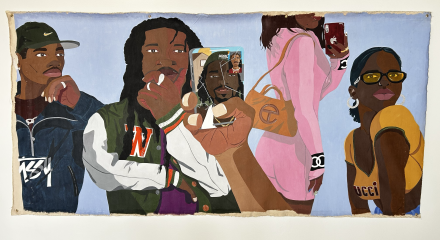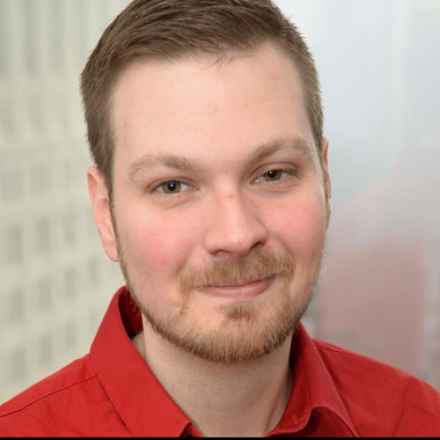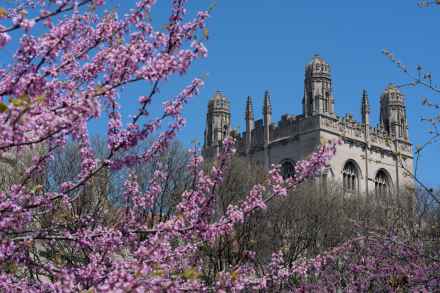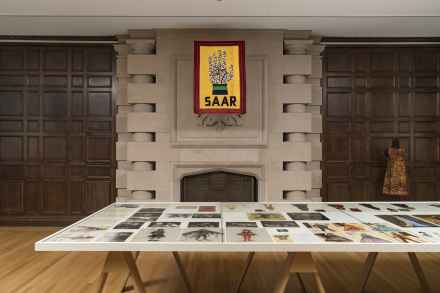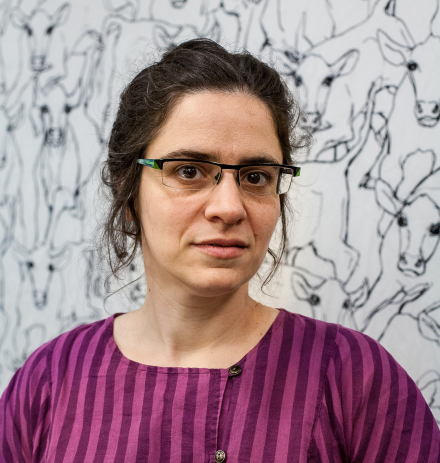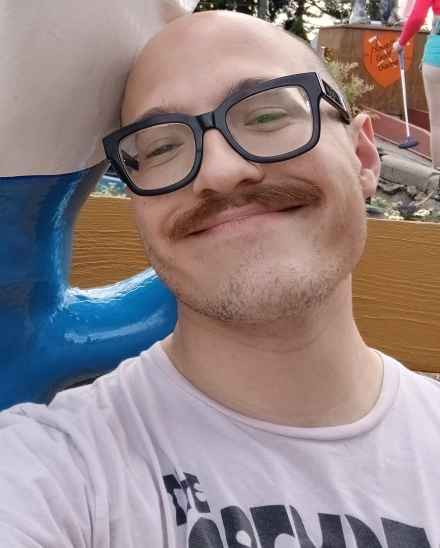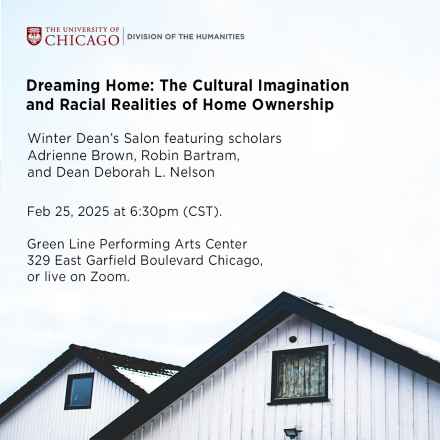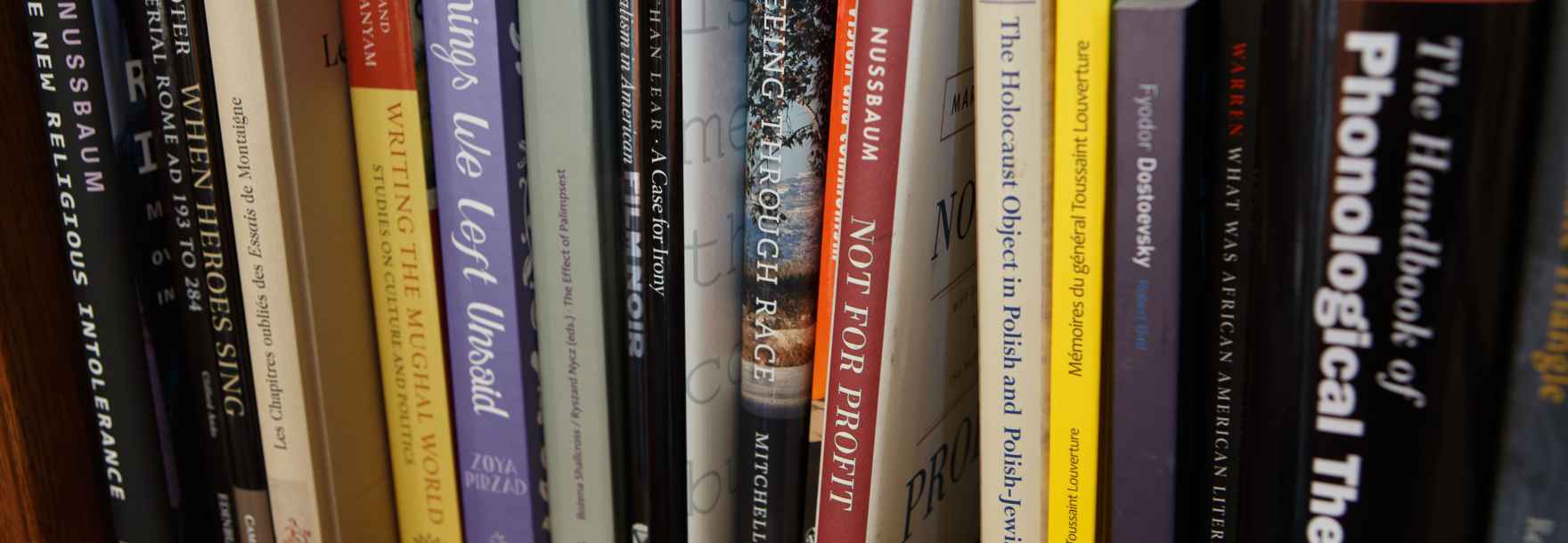
UChicago Arts Co-Hosts EXPO CHICAGO’s South Side Night April 22, 2025
Media Mentions March 2025
The latest media mentions, quotes, profiles, and writings from Division of the Humanities faculty, students, staff, and alumni. Visit us on X, LinkedIn, YouTube, and Facebook for more updates.
What is 'recession pop' — and why is it making a comeback? New music from Kesha, Lady Gaga signals return to 'escapist pop bangers.'
Yahoo Entertainment
Paula Harper (music) was interviewed for this article on the resurgence of "recession pop"—the dance-floor anthems that offered escapist joy during the Great Recession and are now making a comeback. Harper explains how these songs served as “overcompensating counterpoints” to economic despair, offering “sonic bodily pleasure” in moments of uncertainty.
How much influence did white supremacist groups have on Chicago housing?
WBEZ
Adrienne Brown (English Language and Literature) was interviewed for this article on how white supremacist groups influenced Chicago housing segregation. She explains that while extremist groups like the White Circle League played a role, segregation was also upheld by real estate boards, neighborhood associations, and banks that adapted discriminatory practices even after legal barriers fell. Brown emphasizes that these systemic issues not only shaped Chicago’s housing market but also the lives and works of Black thinkers like Richard Wright, Lorraine Hansberry, and Gwendolyn Brooks.
Meet the Staff: Joshua Oaks
More than 100 staff members work in the Division of the Humanities. We’ll introduce you to our staff in this continuing series.
Joshua Oaks
Director of Digital Communications
Office of the Dean
UChicago announces unified Division of the Arts & Humanities
Media Mentions February 2025
The latest media mentions, quotes, profiles, and writings from Division of the Humanities faculty, students, staff, and alumni.
The Necessity of Nussbaum
Aeon
Martha C. Nussbaum (Philosophy and Law) is praised for her influential work in ethics, political philosophy, and human development. The article highlights her capabilities approach, her theory of emotions as central to ethical reasoning, and her critique of anger as a response to injustice.
Agnes Callard: «What is Free Speech?»
Det humanistiske fakultet UiO
Agnes Callard (Philosophy) discusses a Socratic approach to free speech, rejecting standard liberal models—debate, the marketplace of ideas, and persuasion—for failing to prevent the politicization of speech. She explains what politicization is, why it is coercive, and how Socrates’ conversational method offers a way to avoid it.
Theaster Gates: ‘I’m an artist. It’s my job to wake things up’
The Guardian
Theaster Gates’ (Visual Arts) 1965: Malcolm in Winter: A Translation Exercise explores the intersections of civil rights history, material culture, and global craft traditions. By engaging archival materials—including a rare collection of Malcolm X translations—Gates reactivates historical memory as a form of aesthetic and political resistance.
The Biggest Reason to Be Optimistic About 2025, According to Philosophers
Newsweek
Martha C. Nussbaum (Philosophy and Law) is quoted in this article, stating that the greatest reason for optimism in 2025 is “the energy, intelligence, and compassion of young people.”
Neubauer Collegium Selects Faculty Research Projects for 2025–2026
Life with Untimely Questions: Q&A with Agnes Callard
Meet the Staff: Trevor McCulloch
More than 100 staff members work in the Division of the Humanities. We’ll introduce you to our staff in this continuing series.
Trevor McCulloch
Student Affairs Administrator
Department of English Language and Literature
What do you like most about your job?
Talking to undergraduate students about their interests and what they’re enjoying in their classes. Their enthusiasm is infectious, and I love hearing firsthand how they’re exploring their passions. I also work alongside some wonderful administrative staff and faculty—everyone has been so kind and welcoming!
What was the last good book you read?
Patricia Highsmith’s Edith’s Diary. Highsmith is a favorite of mine, and I’ve been working my way through all her novels. I would never call her vision of the world warm or optimistic (she was known in life to be quite misanthropic!), but I find her books perversely comforting. Though not quite a thriller, the title character succumbs to her pathologies through her banal life, much like many of Highsmith’s characters, who discover their capacity for violence and madness in the everyday. Anyone can be a psychopath! This probably says more about me than it does about Miss Highsmith . . .
You might work with me if . . .
You need any information regarding undergraduate studies, course scheduling, or general information about the English department.
Have you come across someone or something recently—like an activity, object, or idea—that’s been inspiring or uplifting?
I’ve recently been engaging (or reengaging) with the films of Chantal Akerman and catching up on some blind spots in her filmography. Her personal history isn’t the sunniest, and her films are often steeped in alienation and loneliness. But in their formal beauty and generous humanity, they search for connection and meaning while grappling with the difficulty of a world that often seems to limit connection. Seeing the films actively work through these problems has been poignant, and even at their bleakest, they represent a powerful search for truth and meaning.
Winter Dean's Salon: February 25, 2025
Media Mentions January 2025
The latest media mentions, quotes, profiles, and writings from Division of the Humanities faculty, students, staff, and alumni. Visit us on X, LinkedIn, YouTube, and Facebook for more updates.
Commitment to History
Anandabazar Patrika
Rochona Majumdar (South Asian Languages and Civilizations) pays tribute to Shyam Benegal, who began his career at the height of the Indian new wave. She highlights his work in film, television, and documentary highlighting his commitment to history, radical cinema, and social critique. From Ankur (1974) to Mammo (1994), his films expose systemic oppression while exploring India’s evolving identity.
Snehalata Mukhopadhyay: The teen whose dowry death shook 20th-century Bengal into action
The Indian Express
Rochona Majumdar (South Asian Languages and Civilizations) is featured in the article through her book Marriage and Modernity: Family Values in Colonial Bengal. In it, she examines Snehalata Mukhopadhyay's tragic suicide, which stemmed from her family's inability to afford the dowry required for her marriage, as one of the most debated cases in Bengali and Indian history. Prof. Majumdar provides critical historical context and analysis, linking this personal tragedy to broader themes of family values, societal expectations, and gender oppression in colonial Bengal.
